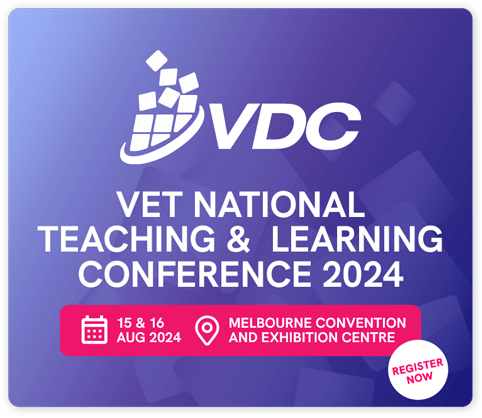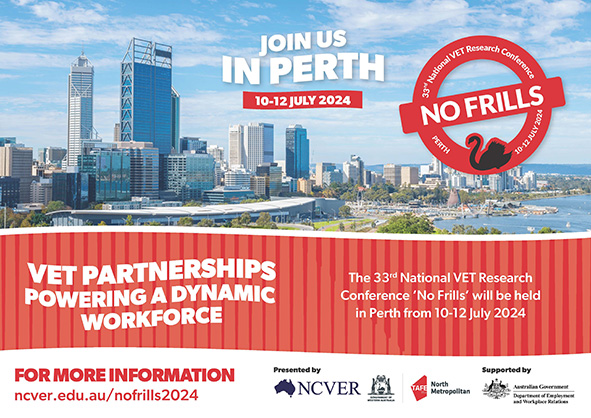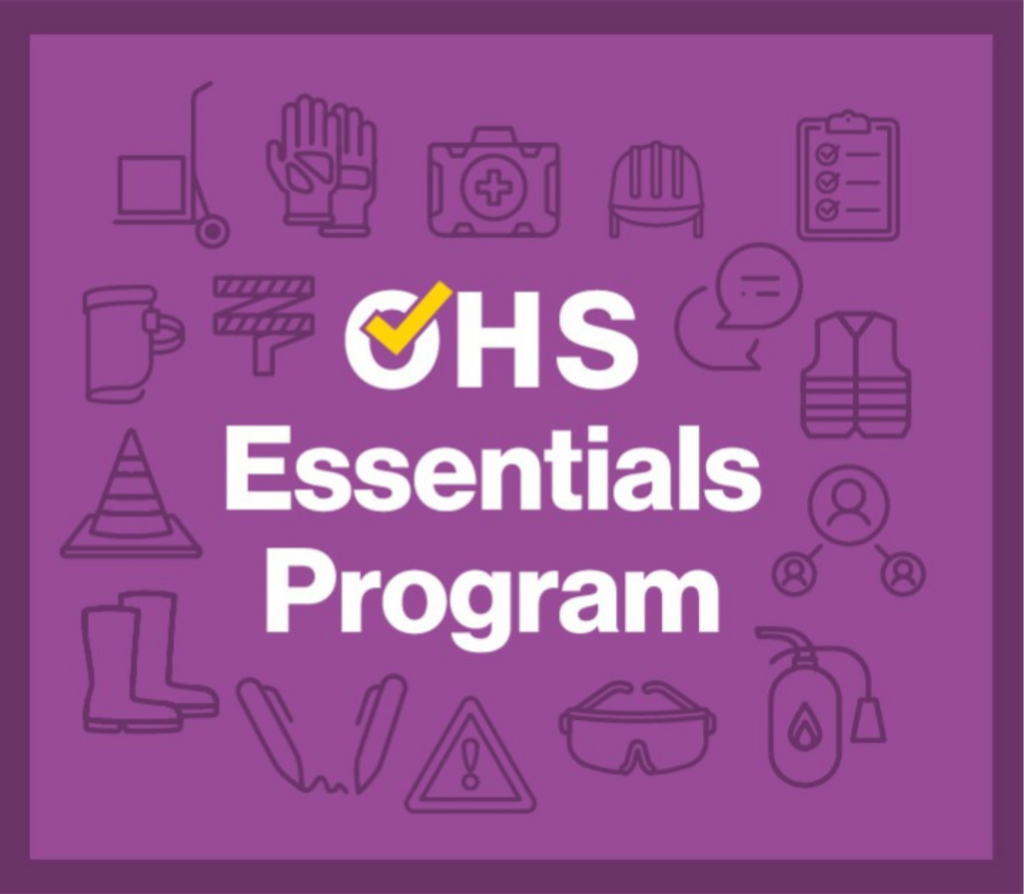This OECD Review authored by Cassie Hague “examines the effectiveness of online and blended learning in fostering higher-order thinking skills in higher education, focussing on creativity and critical thinking.” It found that, “for most students and contexts, in-person learning yields better or equivalent outcomes for higher-order thinking skills than fully online learning. However, blended and flipped learning show promise.”
It covers a wide range of papers, over 700 in fact, and is focused on higher education – although there is much relevance to VET as well. In the end the review has drawn on 94 papers.
The pandemic pushed a lot of students into online learning out of sheer necessity. But it can take a number of forms and online be a component in a far wider range of learning approaches. So, can online learning help foster higher order thinking skills? First, though, let’s talk about what higher thinking skills are.
What are higher order thinking skills?
According to the review:
“Higher-order thinking skills involve students moving beyond simply memorisation and recall towards the ‘higher levels’ of a thinking process, involving analysis, evaluation and creation” [and] “can be particularly important when responding to non-routine problems faced, for example, in many contemporary workplaces.”
They also enable students to generate and evaluate ideas and solutions and are so important to employability, innovation and other key capabilities and personal attributes including critical thinking and problem-solving.
What is concluded?
As the review points out:
“Studies from before and during the pandemic support the long-established view that situated social interaction and human relationships are important for learning and difficult to replicate in learning that takes place fully online, which is necessarily mediated by a screen. However, when in-person learning is supplemented with online learning, this can provide opportunities for educators to create learning experiences which encourage students to develop their subject knowledge whilst also exercising higher-order thinking skills such as creativity and critical thinking.”
What factors have been associated with implementing effective online learning for higher-order thinking skills, though?
This part of the OECD’s review considers the range of contextual variables that have been associated with the development of higher-order thinking skills online. They include:
First, many of the included studies pointed to students’ ability to self-regulate as a critical success factor for the development of higher-order thinking skills online. For example, one of these studies found that self-directed learning skills (understood as self-control, motivation, self-confidence, and self-monitoring) predicted readiness for online learning. Other studies note the importance of keeping students motivated online and also point to the role of student confidence levels as critical variables in how successfully online programmes can develop students’ skills.
Second is the use of appropriate pedagogies, including the effective use of interaction between instructors and students and also between students themselves as well as using active learning approaches. In these cases, students “do not passively receive information but instead actively engage with the learning content through activities, including discussions, collaborations, projects, reflection etc. This active learning approach is critical to success in developing and attaining higher order thinking skills. As the review notes, traditionally, interaction in online learning has taken place mainly asynchronously and in writing. However, video conferencing and other synchronous approaches has enabled a greater level of immediacy of interaction which can also be coupled with asynchronous tools such as video discussion boards. In addition:
“opportunities can be provided for students to actively engage in planning, curating, collaborating, communicating, analysing and generating products with online tools, such as video and audio editing software, collaborative documents, online simulations, social media, video games, websites, and modelling tools.”
Third is the effective use of online discussion boards to nurture higher-order thinking, with the majority of these studies focussing on the use of discussion boards to nurture higher-order thinking, with the majority of these studies focussing on critical thinking. “Another study found that separating online classes into small (<10) and medium (<20) sized discussion groups was more conducive to critical thinking.” Some also emphasise “the importance of reflective writing on discussion boards to support students’ engagement and analysis.”
Fourth, “several studies [in the review process] focus on well-structured project-based learning (in which students work on projects over an extended period, often centred around real-world problems) as a possible way to develop higher-order cognitive skills online.”
Fifth, the use of a range of different pedagogical techniques is suggested. One quasi-experimental study finds it is important to use a range of instructional techniques, including brainstorming, role-playing, and Socratic questioning. It claimed that “regular change prevents students from getting so used to a particular approach that it becomes routine and keeps performance improving.” Another study found that “different pedagogical techniques, including learning journals, peer tutoring, online debate, and final reflections” can be used and found “that a combination of active methods is necessary to develop different dimensions of these skills.”
Sixth, scaffolding was also a suggested approach by “providing support to students with tasks they find challenging (this support could involve, for example, guides, prompts, careful questioning to guide student thinking, scripts, modelling etc.) and then gradually reducing that support over time so that students are able to accomplish more and more of the task independently.”
And:
“Another study looked at four different kinds of scaffolding or ‘ladders for learning’ – procedural (supporting student understanding of process e.g. step by step guides), metacognitive (supporting student understanding of their own learning process e.g. prompts to self-monitor or reflect), conceptual (supporting student understanding of concepts e.g. offering different perspectives at key moments in the learning process), and strategic (supporting student understanding of potential problem-framing and problem-solving strategies e.g. providing gradually more complex learning materials) scaffolds.”
Finally, assessment is also important. Indeed, “many [of the] included studies suggest that the effective development of higher-order thinking skills online is related to authentic or anchored assessment practices in which the focus is on how students can use and apply their learning in relation to real-life problems, scenarios or settings.” Peer and self-assessment approaches, and regular feedback, are also important.








